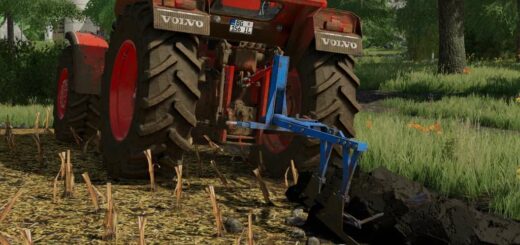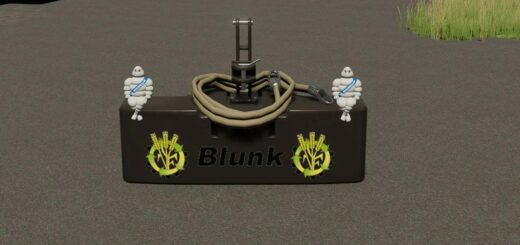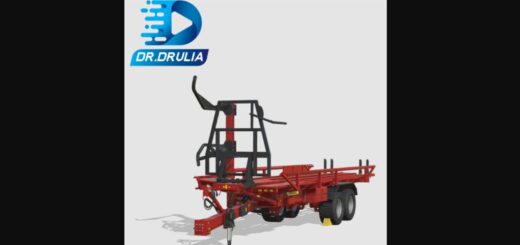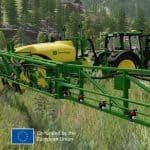


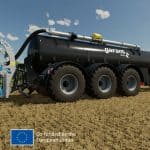
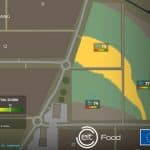
Precision Farming DLC v1.0.1.0 – FS22
Make your virtual farm eco-friendlier and more sustainable: The Precision Farming Free DLC introduces new gameplay mechanics based on real smart farming technology. That includes four different soil types and soil sampling, economic analysis and an environmental score for your farm.
Changelog 1.0.1.0:
– mulching and rolling have again a yield impact
– fixed wrong display of expected yield
– oilseed radish now increases nitrogen by 25kg/ha
– influence of single fields to the total environmental score is now depending on the field size
– fixed issues while no fields have been owned yet
– fixed invisible doors on the shed
– fixed environmental score with soybeans
– fixed nitrogen requirements of grass
– sprayers with spot spraying equipped will now only spray fertilizer on spots were needed
– while starting to use PF on old savegames the fertilized state of the field is translated into more initial nitrogen
Crop sensors and various mechanics for dynamic yield improvement and crop care help you to save seeds, lime, fertilizer, herbicide, fuel and, in the end, money. All while reducing the environmental impact of your operation. The John Deere R732i PowrSpray, the ISARIA Scout, and the ISARIA PRO Active extend your repertoire of agricultural tools to run a sustainable farm.
A new Precision Farming tab in the menu gives you all the information you need to optimize yield and hold control over your finances and the way, you run your farm. A soil map with special filters shows you the current state of your soil and every action you take is reflected on the economic analysis overview. Meanwhile, the environmental score of your farm indicates how eco-friendly your operation is – calculated by factors like reduced tillage, nitrogen levels, weed control using spot-spraying technology and others.
The Precision Farming Free DLC is a project initiated by John Deere in Germany and funded by EIT Food, Europe’s leading Food Innovation Initiative. Co-funded by the EU, it is meant to highlight sustainable technology in agriculture in collaboration with Institute of Animal Reproduction and Food Research of Polish Academy of Sciences, Grupo AN in Spain and the universities of Hohenheim (Germany) and the University of Reading (UK).





